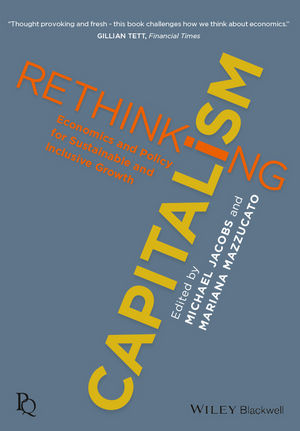Bezonomics
How Amazon Is Changing Our Lives, and What the World's Companies Are Learning from It
Amazon Care
Atul Gawande departure from Haven, the alliance between Amazon, JP Morgan and Berkshire for developing health services for their workers has created uncertainty about what is really Amazon going to do.
Anyway, if you look at the web you can check what is already doing for their employees:
Amazon Care. Here you'll find the
FAQS. Up to now everybody was thinking about health goods and businesses that Amazon could provide (details in this
report). Right now they have started a pilot of health system that may be developed anywhere. A platform business, that starts slowly with and app and a physicians group.
If you want to undestand what Amazon really means for the economy (and for healthcare) than a new book can provide you some answers:
Bezonomics.
The global business world will eventually divide into two camps—those who adopt their own version of Bezonomics, and those who don’t. Alphabet, Facebook, Netflix, Alibaba, JD.com, and Tencent have built huge, powerful businesses based on their ability to collect and analyze data, and keep applying those learnings to make their businesses smarter and their offerings to customers more attractive. In their pursuit of AI-driven technologies such as voice and facial recognition, the Internet of Things, and robotics, they’re creating automated business models that will crush traditional businesses that fail to adapt to this new world. And the emergence of 5G technology, which will replace our current digital networks, will only widen the gap. Experts predict that this next generation of Internet connectivity will be as much as a hundred times faster than today’s web.
The impact that Bezonomics is having on society is just as profound. Some of the big tech companies are sowing discord with fake news, interfering with elections, and violating personal privacy. As Apple CEO Tim Cook put it: “If you’ve built a chaos factory, you can’t dodge responsibility for the chaos.” The global wealth gap has become so out of kilter that politicians in America and Europe have singled out Amazon and other big tech companies for blame. These wealth-creation machines have become so efficient at creating riches for their top employees and shareholders that they’re likely to engender more public outrage and become easy targets for regulators—perhaps in some cases even be broken up.
A must read. In my opinion, what really brings Bezonomics to healthcare is the largest expression of commercialism. In other words, healthcare built around excedent appropriation, not around the patient. If this is so (and Atul Gawande departure is a signal) then we all have to stand up against this model and create value and platforms based on professionalism.







